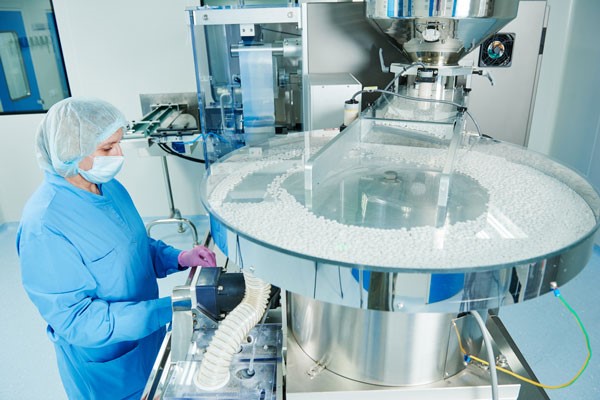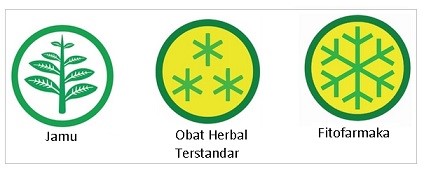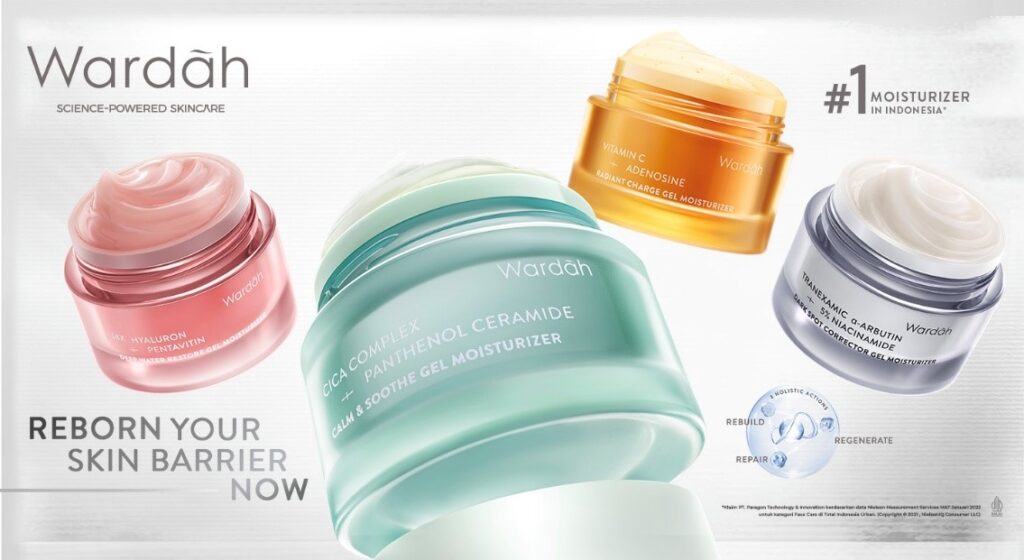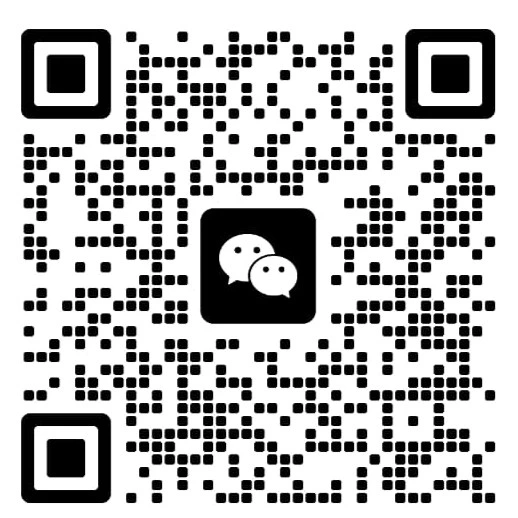In a rapidly growing market like Indonesia, ensuring the safety and quality of consumer products is critical to public health and economic stability. The government has established BPOM Indonesia (Badan Pengawas Obat dan Makanan or the National Agency of Drug and Food Control) as the regulatory body in Indonesia to oversee and enforce stringent safety and quality standards. BPOM plays a crucial role in maintaining the well-being of its citizens by regulating and monitoring a wide range of products that directly impact everyday life. These products include pharmaceuticals, food and beverages, cosmetics, dietary supplements, and medical devices. The agency’s responsibilities extend beyond mere approvals; BPOM conducts rigorous inspections, enforces penalties for violations, and educates the public about safe product usage. This article delves into the pivotal role of BPOM, exploring its mission, the processes for product registration in Indonesia, and its immense impact on public safety and consumer trust. Whether you’re a business looking to enter the Indonesian market or a consumer seeking assurance about product quality, understanding BPOM’s role is vital for navigating this regulatory landscape.

BPOM Indonesia: Mission and Vision
As a key regulatory body in Indonesia, BPOM Indonesia plays a pivotal role in safeguarding public health by ensuring the safety, quality, and efficacy of products available in the market. Its mission is centered around three core objectives: protecting consumers, enhancing public trust, and ensuring fair market practices.
Protecting Consumers
BPOM Indonesia’s primary mission is to protect the public from unsafe or substandard products. The agency rigorously evaluates pharmaceuticals, food and beverages, cosmetics, dietary supplements, and household items to prevent the circulation of products that could harm consumers. Product registration in Indonesia through BPOM is mandatory for any business selling these items. For cosmetic registration in Indonesia, BPOM requires thorough safety testing, including allergen assessments and quality control, to prevent adverse effects. Similarly, food supplements registration in Indonesia ensures that these products meet the necessary safety standards for public health.
Enhancing Public Trust
Maintaining rigorous standards is not only about safety but also about fostering consumer confidence. BPOM certification is a seal of approval that signifies a product meets Indonesian safety and quality standards. This certification is crucial for enhancing public trust in regulated products, as consumers can easily identify which items have undergone the rigorous scrutiny of BPOM Indonesia. By requiring manufacturers to adhere to good manufacturing practices (GMP) and stringent safety guidelines, BPOM ensures that products are safe and effective. This trust extends across all categories of products, from household product registration in Indonesia to food and beverage registration in Indonesia. For example, food products that receive BPOM approval are subject to continuous monitoring, including routine contamination checks, nutritional labeling accuracy, and expiration date compliance.

Ensuring Fair Market Practices
BPOM Indonesia also plays a crucial role in maintaining fair market practices. By setting consistent and transparent standards for product registration in Indonesia, BPOM ensures that businesses compete on a level playing field. This includes cosmetic registration in Indonesia, where companies must demonstrate that their products are safe and non-toxic before being marketed. BPOM certification provides a clear standard that all companies must meet, which prevents unfair competition and protects consumer interests. The agency’s processes for product registration in Indonesia are designed to be transparent, allowing all businesses, regardless of size or origin, to understand and comply with the rules.
Types of Products Regulated by BPOM
BPOM Indonesia oversees product registration in Indonesia for a diverse range of categories, ensuring that companies comply with its stringent regulations before introducing products into the market. Each category, from pharmaceuticals to household products, is carefully monitored to safeguard public health and uphold consumer rights.
Pharmaceuticals
BPOM Indonesia requires all pharmaceuticals, from prescription medications to over-the-counter products and traditional herbal remedies, standardized herbal medicine, and phytopharmaceuticals, to undergo product registration in Indonesia. This process involves rigorous evaluation to confirm these medicines’ safety and effectiveness. The goal is to prevent harmful substances from reaching consumers and to ensure that the therapeutic claims made by these products are substantiated. BPOM certification is essential for pharmaceutical companies looking to enter the Indonesian market. The certification process includes thorough assessments of the drug’s formulation, manufacturing process, and packaging.

Food and Beverages
BPOM Indonesia plays a crucial role in food and beverage product registration in Indonesia. The agency evaluates these products’ nutritional content, labeling, packaging, and safety to protect consumers from contamination and misleading claims. BPOM certification for food products marks compliance with health and safety standards. This certification ensures that food items meet the required nutritional profiles, maintain proper packaging to prevent spoilage or contamination, and indicate all ingredients to inform consumer choices.
Food Supplements
The demand for dietary supplements has risen significantly, necessitating food supplement registration in Indonesia under BPOM’s oversight. BPOM certification for these products ensures they are safe and comply with health standards. The registration process involves stringent evaluations to confirm that the supplement ingredients are accurately labeled, free from contaminants, and provide health benefits as claimed.
Cosmetics
Cosmetic registration in Indonesia is mandatory for all personal care items, including skincare, makeup, and hygiene products. Through rigorous evaluation, BPOM Indonesia ensures these products are free from harmful chemicals and allergens. The certification process involves detailed assessments of the ingredients, packaging, labeling, and manufacturing conditions. BPOM certification for cosmetics is crucial for establishing safety and quality standards. For instance, skin care products must be free of heavy metals and other harmful substances, while makeup must not cause skin irritation or adverse reactions.

Medical Devices
The registration of medical devices in Indonesia under BPOM follows a structured regulatory framework. Companies must comply with various BPOM Indonesia regulations to ensure their products meet safety and quality criteria. This includes providing detailed documentation such as the device’s technical specifications, quality management system certifications (like ISO 13485), clinical trial data, and proof of compliance with international standards like the Medical Device Directive (MDD) or ISO 14155 for clinical evaluations. The process also involves a risk classification system that categorizes medical devices based on their potential risk to health. Higher-risk devices, such as implants and diagnostic imaging equipment, require more rigorous documentation and clinical evidence compared to lower-risk devices like simple surgical instruments.
General Requirements for BPOM Certification
To gain BPOM certification for product registration in Indonesia, companies must fulfill a series of specific requirements that ensure their products meet the stringent safety and quality standards set by BPOM Indonesia.
Company Documentation
The BPOM Indonesia requires essential company documentation as part of the product registration process in Indonesia. The foremost requirement is a valid business license, which must be submitted to validate the company’s legal status and ability to operate within the regulatory framework of BPOM. Additionally, manufacturers must possess GMP certification as CPOB (Cara Pembuatan Obat yang Baik). CPOB ensures that products are consistently produced and controlled according to quality standards. This certification demonstrates that the manufacturing processes comply with regulatory requirements, thereby assuring the quality and safety of the products. CPOB is a critical component of BPOM certification as it ensures that all pharmaceutical products, including traditional herbal remedies and prescription medications, are manufactured in a controlled environment that meets international standards.
Testing Results
Proof of laboratory testing for both safety and efficacy is a non-negotiable requirement for product registration in Indonesia under BPOM. This involves comprehensive safety tests to verify the absence of harmful substances and efficacy tests to ensure the product performs as claimed. This might include tests for microbial contamination, heavy metals, and nutritional content of food and beverages. Stability studies are also required for cosmetics, showing they remain effective and safe throughout their shelf life. These tests provide crucial data to BPOM for evaluating the product’s suitability for the market, assuring consumers of the product’s safety and quality. Additionally, imported products must include relevant import permits and proof of origin, verifying that they comply with BPOM standards from their country of manufacture.
Non-Compliance and Penalties
Failure to adhere to the stringent BPOM Indonesia regulations can have significant consequences for companies operating within the Indonesian market. These penalties are designed to enforce compliance, protect public health, and maintain market integrity.
Product Recall
One of the most immediate consequences of non-compliance is a product recall. If BPOM Indonesia identifies a product that does not meet its safety or quality standards, it mandates the removal of that product from the market. This can occur for various reasons, such as contamination, mislabeling, or using unauthorized ingredients. A product recall is a public acknowledgment of a mistake and can significantly damage a company’s reputation, causing a loss of consumer trust. The process involves notifying retailers and consumers about the affected products, withdrawing them from sale, and often requiring a refund or exchange. For businesses, a recall is a costly and disruptive event that impacts immediate sales and long-term brand image.

Financial Penalties
In addition to product recalls, companies can incur substantial financial penalties for distributing unregistered products. BPOM certification is mandatory for all products sold in Indonesia, and any product not registered with BPOM is considered illegal. The penalties for distributing such products include hefty fines ranging from a few million to several billion Indonesian Rupiah, depending on the severity of the violation. These fines serve as a deterrent against cutting corners or failing to comply with BPOM Indonesia regulations. The financial impact of these penalties can be severe, especially for smaller businesses, as they can lead to cash flow issues, potential bankruptcy, and significant damage to the company’s financial health.
Legal Action
Severe cases of non-compliance, such as distributing harmful items that threaten public health, can lead to legal action. BPOM Indonesia has the authority to take legal measures against companies that violate its regulations. Legal actions may include criminal charges such as imprisonment or heavy fines, depending on the nature and severity of the violation. These actions serve as a strong legal deterrent, reinforcing the importance of compliance with BPOM regulations. For example, companies that produce and distribute medicines found to be substandard or contaminated may face fines and imprisonment for the responsible individuals.
Conclusion
In conclusion, BPOM Indonesia plays a crucial role in safeguarding public health and maintaining market integrity through its rigorous regulatory oversight of medical devices, among other products. Its stringent product registration in Indonesia processes, BPOM certification, and comprehensive post-market surveillance ensure that only safe, effective, and high-quality products reach Indonesian consumers. Companies that fail to comply with BPOM regulations face severe penalties, including product recalls, financial fines, and legal actions, which underscore the importance of adhering to these standards. For businesses entering the Indonesian market, understanding and complying with BPOM’s regulations is a legal requirement and a key factor
How long does BPOM registration take?
The BPOM registration process typically takes 6 to 8 months, depending on product complexity.
How long is BPOM registration valid?
BPOM registration for cosmetics is valid for three years and can be renewed.
Can I sell cosmetic products without BPOM registration?
No, all cosmetics must be registered with BPOM, whether manufactured locally or imported.
What happens if my BPOM registration expires?
You must renew registration with updated documentation to continue selling in Indonesia.




